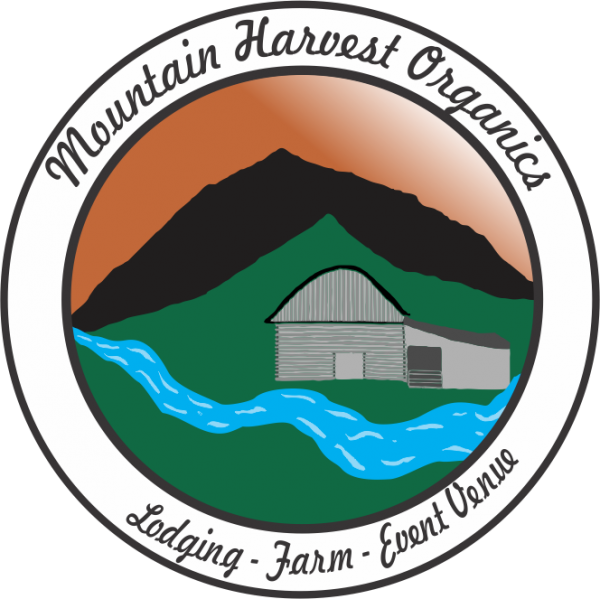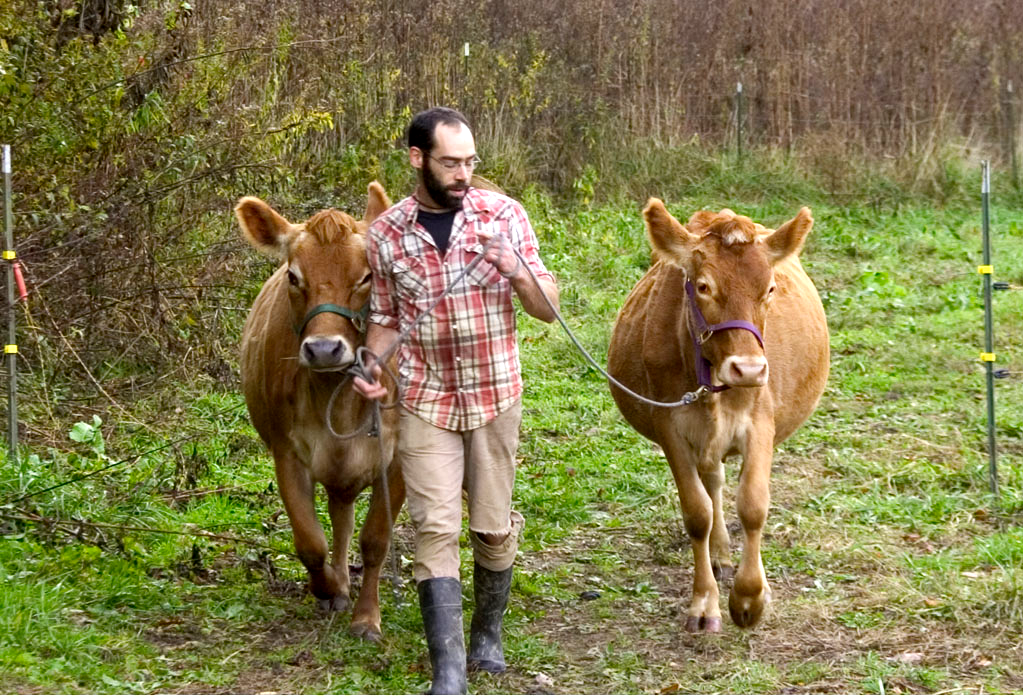Our pastured meat
Our animals are raised on pasture and get to spend their life outdoors like animals are meant to be!
None of our animals are ever treated with hormones.While once in a blue moon, we may treat a dairy cow with antibiotics, but only if it is necessary for a life threatening situation.We would rather treat our animals then have them die!

Ms. Daisy May
Pastured Raised!
All feed that we supplement is GMO FREE
Our chickens and pigs can not live strictly on a grass fed diet, so while they are able to forage, we do give them GMO Free grain.You can read on for how each of our animals are reaised.






